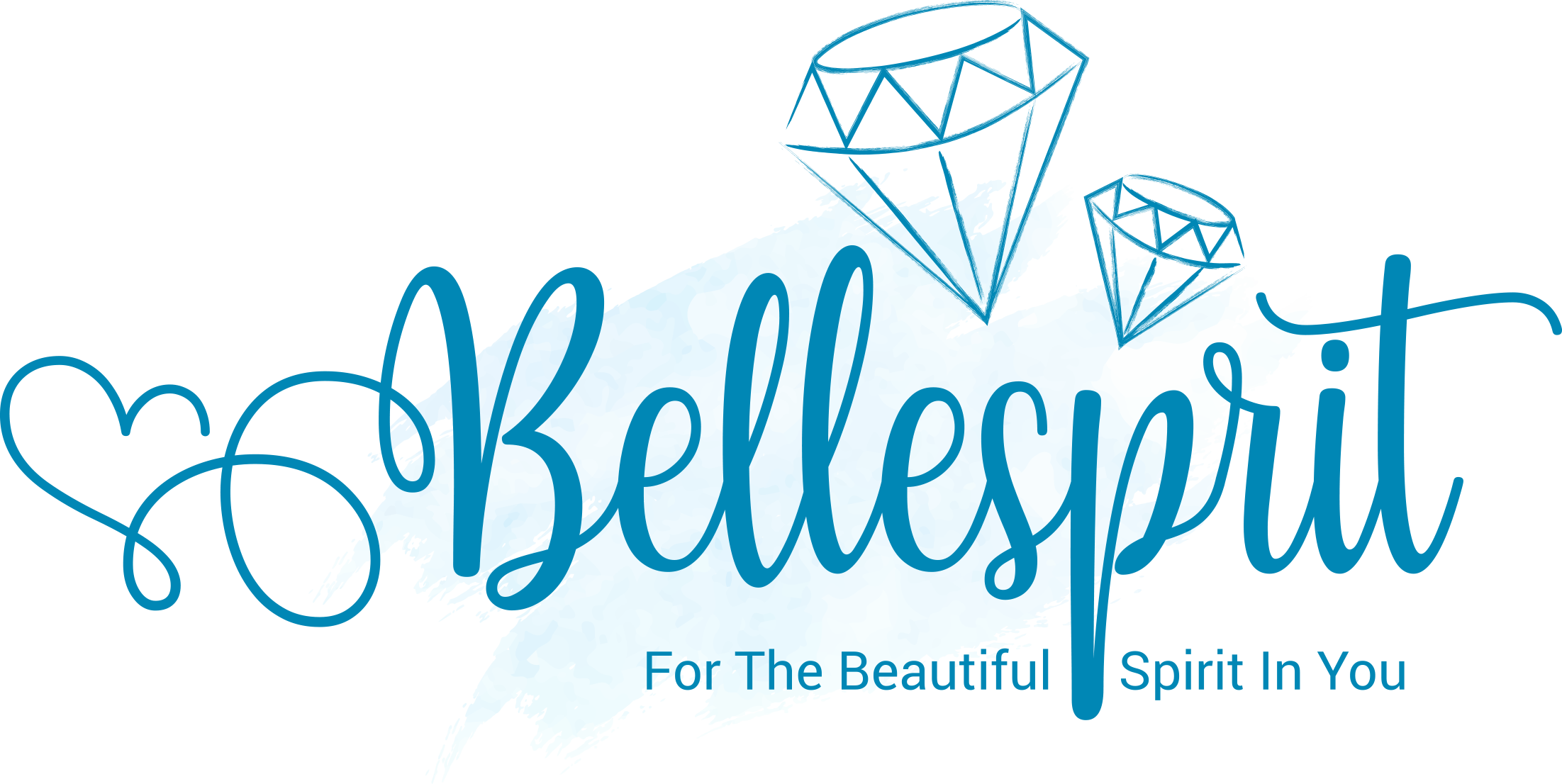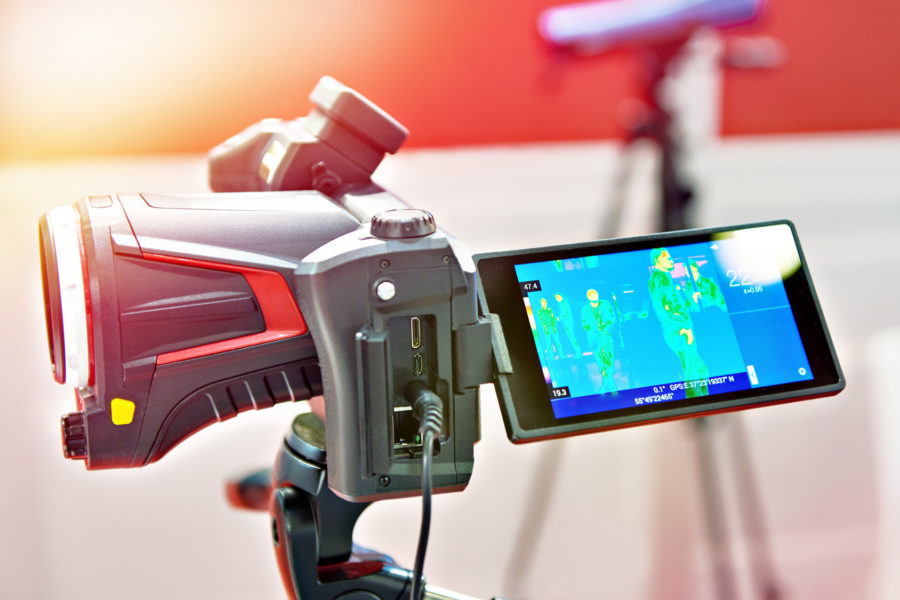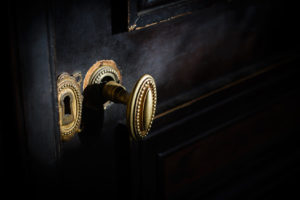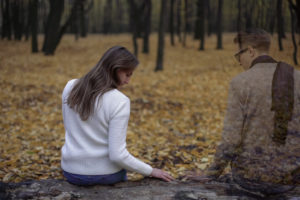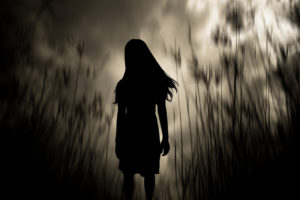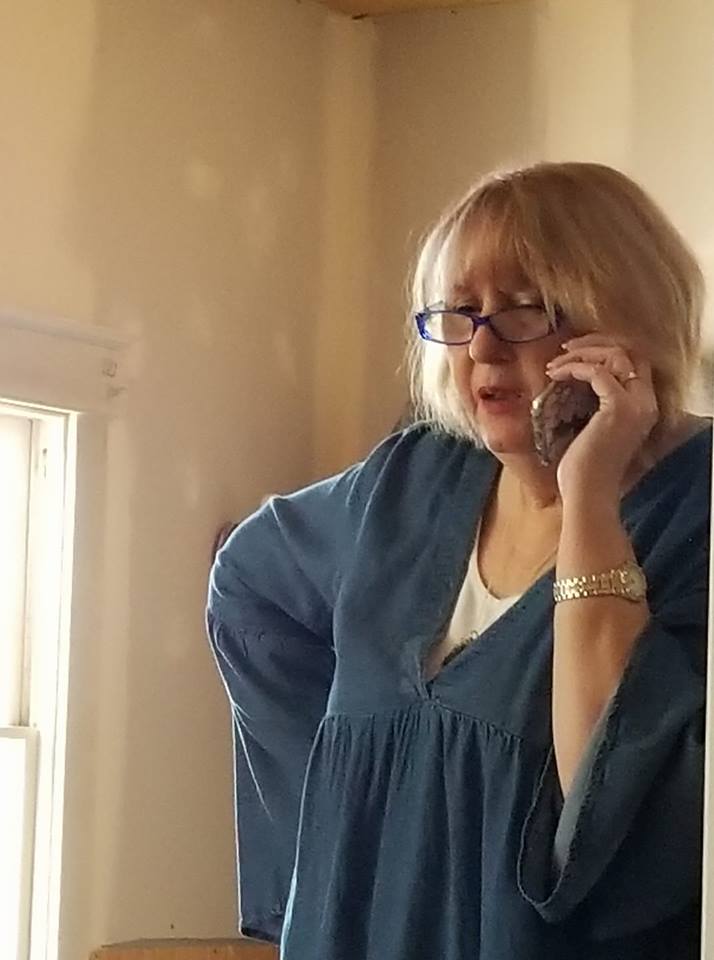For over a century, afterlife research, more commonly referred to as paranormal investigation, has been considered the red-headed step-child of scientific research.
By Clarissa Vazquez
Steps need to be taken for paranormal investigation to be considered a legitimate form of scientific research so that researchers can make additional strides toward the ultimate goal of finding the answers to the universal questions surrounding life after death.
First, what is paranormal investigation?
Paranormal investigation or ghost hunting is the process of researching areas prior to and during the course of an investigation situation where reports of ghostly phenomena are believed to occur.
Reports of ghosts and spirits date back to biblical days. In the Old Testament book of 1 Samuel chapter 28:7-25, we see Saul, King of Israel, visit a medium when God does not answer him when war approaches.
The prophet Samuel has died and King Saul asks the medium to bring up Samuel from the dead. The Ghost of Samuel talks to the King and tells him his fate is sealed just as he told him while he was alive. Verses 11-15 talk about the appearance of the Ghost of Samuel: “Then the woman said, ‘Whom shall I bring up for you?’ And he said, ‘Bring up Samuel for me.’ When the woman saw Samuel, she cried out with a loud voice. And the woman spoke to Saul, saying, ‘Why have you deceived me? For you are Saul!’ And the king said to her, ‘Do not be afraid. What did you see?’ And the woman said to Saul, ‘I saw a spirit ascending out of the earth.’ So he said to her, ‘What is his form?’ And she said, ‘An old man is coming up, and he is covered with a mantle.’ And Saul perceived that it was Samuel, and he stooped with his face to the ground and bowed down. Now Samuel said to Saul, ‘Why have you disturbed me by bringing me up?’
The Bible clearly states that this is the Ghost of the prophet Samuel. Nowhere in the text does it state that he is otherwise. The spirit is the disembodied essence of the man and he is recognizable. He is brought up from the earth by the witch of Endor from the grave to their presence. According to the Old Testament, the concept of a Ghost or disembodied spirit of a deceased person is not only real, it is Scriptural!
 In 1884, Kate and Margaret (Maggie) Fox of Hydesville, New York claimed that there were spirits in their house and that they could communicate with them. They devised a system of knocks in response to questions asked aloud to convince first their parents, then their neighbors that they were in fact communicating with the spirit of a man buried in their basement. This began what is now known as the Spiritualist Movement and was widespread in the United States by the early twentieth century.
In 1884, Kate and Margaret (Maggie) Fox of Hydesville, New York claimed that there were spirits in their house and that they could communicate with them. They devised a system of knocks in response to questions asked aloud to convince first their parents, then their neighbors that they were in fact communicating with the spirit of a man buried in their basement. This began what is now known as the Spiritualist Movement and was widespread in the United States by the early twentieth century.
The Spiritualist Movement attracted great thinkers such as Thomas Edison and Arthur Conan Doyle. Despite the discovery of human bones in the basement walls of the Fox homestead, the sisters were eventually discredited. The discrediting of several so-called mediums, combined with a shift in mainstream Christianity – implementing fear-based doctrines as opposed to biblical-based doctrines marked the beginning of the end of the spiritualist movement. As a result, modern paranormal investigation as a whole is left spinning its proverbial wheels.
All too often, when one thinks of ghost hunting or paranormal investigation, images come to mind of Dan Aykroyd, Harold Ramis and Bill Murray chasing a large, green, bulbous mass with nuclear weapons. Aykroyd’s personal interest in the paranormal helped to create the incredibly successful Ghostbustersmovies, but really did nothing to improve the overall stigma attached to having a paranormal encounter.
In fact, Hollywood has done more harm than good, having taken complete advantage of the human instinct to fear what it does not understand. Television shows such as Ghost Hunters, Ghost Hunters International, Paranormal State and others have helped to remove some of the stigma attached to publicly admitting to having a paranormal encounter, however, there are no standards or regulations regarding the investigations. In order to become a legitimate form of scientific research, those structures need to be in place.
Because of the lack of structure, paranormal research cannot and will not be regarded by the scientific community as a whole as legitimate, yet we cannot move forward and become recognized without those standards. Imagine trying to drive a car: you cannot make the car move without a specific set of steps, i.e. you insert the key, you turn the key, you either engage the clutch or put the vehicle into drive (depending on your transmission type) and you press the accelerator to make the vehicle move forward. You cannot just insert the key, turn the vehicle on and make it go forward.
There are several reasons why paranormal investigating should become recognized as legitimate. Just 500 years ago people were convinced the world was flat and no one knew anything about cells or bacteria until the microscope was invented. What would have happened if Tesla, Einstein, Edison and Jung, all great inventors/researchers, would have given up because someone said it was impossible? Paranormal investigators are now those pioneers, experimenting, testing, and probing to find the answers to the ultimate question for all of us. Is there life after death?
Paranormal investigators are personally vested in the idea of becoming recognized as legitimate research because of the countless hours they dedicate to the field, however, they are not the only ones who feel that their efforts should be recognized by the scientific community. Several members of the Psychology field are beginning to realize that there may be more to claims made by patients regarding things they see and voices they hear.
While some researchers are in favor of paranormal investigation becoming a legitimate form of scientific research, others are either not in favor or believe it to be impossible. According to Barry Fitzgerald, star of SyFy Channel’s Ghost Hunter’s International, “The word scientific should not be used in a [technically]based research unit as it’s no more scientific than boiling an egg and is very different. To research the paranormal in a lab which is sealed from all elements is truly scientific and would also make the experiment useless and there are factors which are required to allow paranormal phenomenon to happen would be lacking and therefore would [yield]no results.”
Dr. Lloyd Auerbach is a professor of parapsychology and a prominent field investigator in psychic phenomena. He is also the creator and principal instructor of the Parapsychological Studies Certification Program at HCH Institute in Lafayette, California which was approved by the State of California. According to Dr. Auerbach: “Paranormal investigation can be conducted scientifically, but is like other forms of field research (from other fields of study, mainly social science) and therefore has serious limitations as compared to the standards of controlled experimental research. But more than that, the vast majority of people conducting what they call ‘investigations’ are not following any scientific methodology or protocol. They actually don’t even know what that is, and generally cite their technology/equipment measuring something that makes their investigations ‘scientific.’ This is too far from reality, especially since so many don’t even understand what the tech IS measuring (it’s not ghosts or paranormal anything.”
In response to Dr. Auerbach and Barry Fitzgerald, I have developed a research project that launched in June of 2010 that will attempt to prove that paranormal investigations can be conducted as scientific research. Investigators will travel to locations where a vehicle accident has resulted in at least one human fatality. The objective of the project is to either confirm or debunk reports of phantom hitchhikers at these locations. I established five control areas: location, time, temperature, lunar phase, and a specific set of questions to ask during an Electronic Voice Phenomena (EVP) session. Just as paleontologists and archaeologists collect their evidence in the field and bring it to the “lab” for analysis, so will the investigators with the data they collect at the roadside locations.
While the Phantom Hitchhiker Project is estimated to last from three months to twenty years, there are other organizations and projects that may yield faster results. If you were to enter “Ghost Hunting Organizations” in the five top Internet search engines, the results range from 38,500 to over five million teams, groups, clubs, organizations, search engines, and paranormal databases. Naturally, the results change daily as more groups organize and disband and not all organizations are as dedicated as others with regard to professional and scientific protocol, but there are some out there who devote countless hours toward answering the universal questions surrounding life after death and may have research projects of their own. There is no way of knowing until either the projects are announced or the results are revealed.
Much like the Fox sisters who were discredited in the late 1800’s, there are individuals and organizations out there who will present themselves to people in need under false pretenses. These are the people who will seek money from clients in order to conduct their research or will attempt to prove the paranormal by utilizing an often times fake psychic during the course of their “investigation.” By doing this, the only thing they are succeeding in doing is scaring their client more than they already were and possibly making a dangerous situation worse in the event of a genuine haunting.
These are the same individuals who have no qualms about trespassing on private property, fabricating evidence, or stealing another investigator’s evidence and presenting it as their own. Granted, there are only a handful of these examples out there, however, the fraudulent manner in which these individuals operate is yet another reason why legitimate investigators are running into roadblocks as well as further proof of the need for standards and regulations. Perhaps once recognition is given and standards are set, some of the shiny will wear off and some of the “paranormal wannabes” will find another hobby.
Just as paleontology gets criticized, there will more than likely be nay-sayers regarding paranormal investigation as it pertains to mainstream religion. However, with perseverance and dedication from individual investigators and organizations, there is hope that someday paranormal encounters and research will be common place.
About the Author:
 Clarissa Vazquez is a twenty-year afterlife research veteran; having founded the Colorado Coalition of Paranormal Investigators in 2004.She is the author of books about ghosts and ghost hunting, as well as a featured contributor to several other paranormal-related books. She is also the host of the weekly talk radio program: Para-Scope Uncensored on the Hey-Z Radio Network.
Clarissa Vazquez is a twenty-year afterlife research veteran; having founded the Colorado Coalition of Paranormal Investigators in 2004.She is the author of books about ghosts and ghost hunting, as well as a featured contributor to several other paranormal-related books. She is also the host of the weekly talk radio program: Para-Scope Uncensored on the Hey-Z Radio Network.
